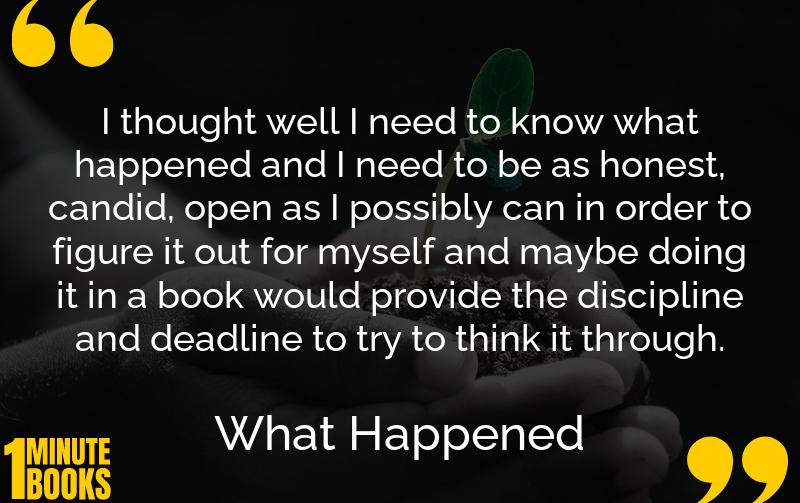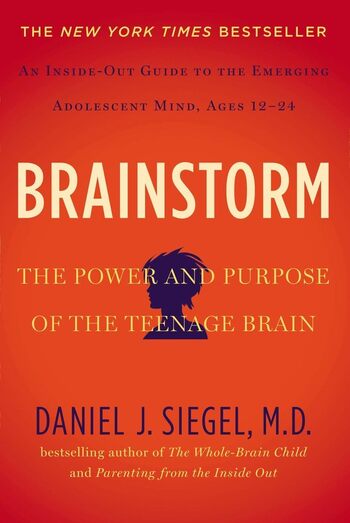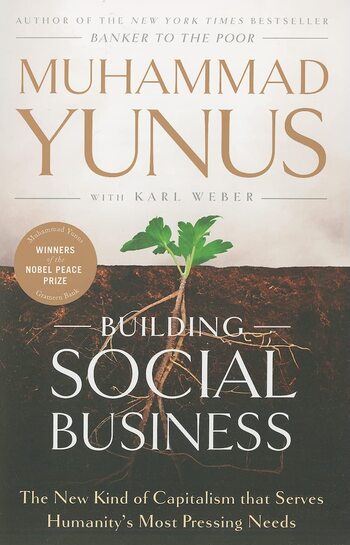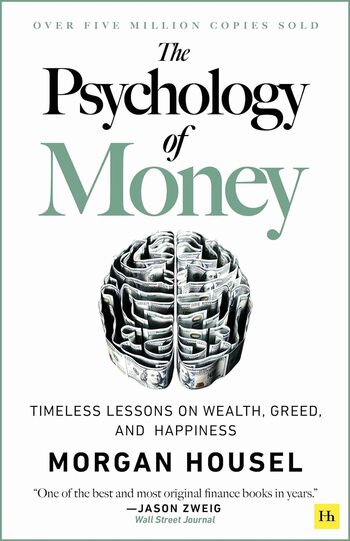
Hillary Clinton reflects on the 2016 U.S. presidential election, examining the personal, political, and societal factors that contributed to her loss. She offers candid insights into her experience, the challenges of being a woman in politics, and the future of democracy.
Main Lessons
- Honesty and self-reflection are key to understanding personal and political failures.
- The 2016 election highlighted deep societal divisions, including sexism, racism, and the impact of misinformation.
- Candidates need to adapt quickly to the changing media landscape, where policy discussions are often overshadowed by sensationalism.
- Women in politics face a unique set of challenges, often needing to appear composed despite intense scrutiny.
- The erosion of democratic norms, such as the manipulation of truth, poses a significant threat to the future of democracy.
- Resilience is essential in the face of personal and political adversity, with a need to keep moving forward despite setbacks.
- Misinformation and fake news, especially via social media, can have real-world consequences, as seen in the ‘Pizzagate’ incident.
- Voter suppression and outside interference, like Russian meddling, were key factors in the 2016 election outcome.
- Supporting future candidates and encouraging civic engagement is crucial for safeguarding democracy.
- Big, simple ideas are important for political communication, but policies must still be well-reasoned and detailed.
- Activism, whether through protests, organizing, or voting, remains a powerful force for political change.








